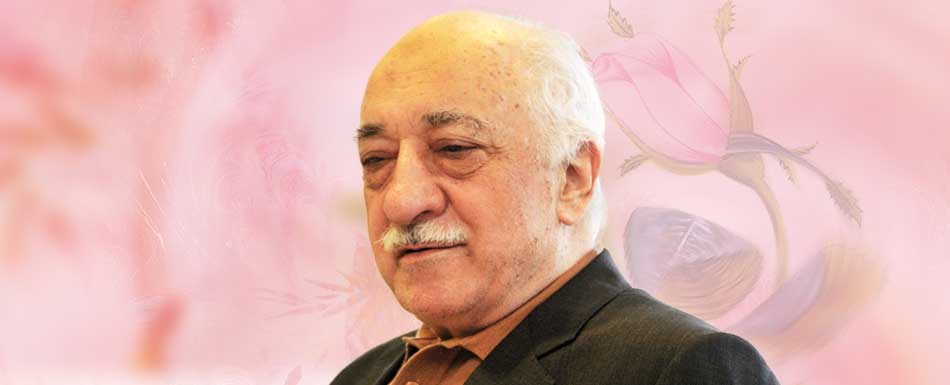If the Gülen Movement is altruistic and peaceful, why does it attract such strong reactions, both positive and negative?

The Gülen Movement’s understanding of service is geared primarily to altruism in Turkey and abroad. It is a mobilization that presents alternative models of a kind that state systems cannot replicate. That is why it has attracted broad attention, in favor and against, within a short period of time.
The Gülen Movement’s principle of altruism, of offering “something for nothing” is a symbolic challenge to the dominant cultural codes and the customary (so-called “rational” self-interest) basis of strategic and instrumental logic in complex societies.
The unilateral power of giving (for nothing, sometimes in defiance of immediate self-interest), and in that way generating and providing cultural models, constantly results in a movement’s predominance in societies. The reason is that cost–benefit calculations do not motivate or regulate the autonomous and gratuitous (“for nothing”) production of cultural models. This means it is hard to side-track or prevent people’s ability to produce new and better ways of doing things.
- Created on .
